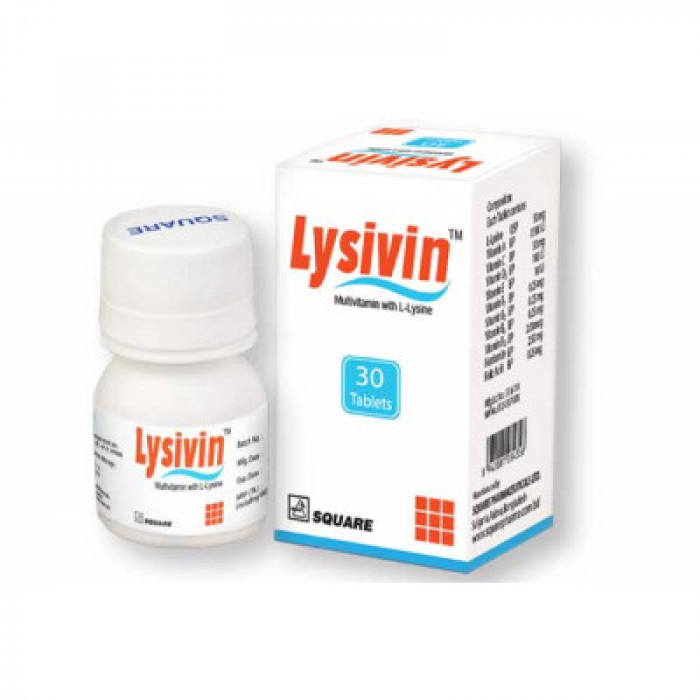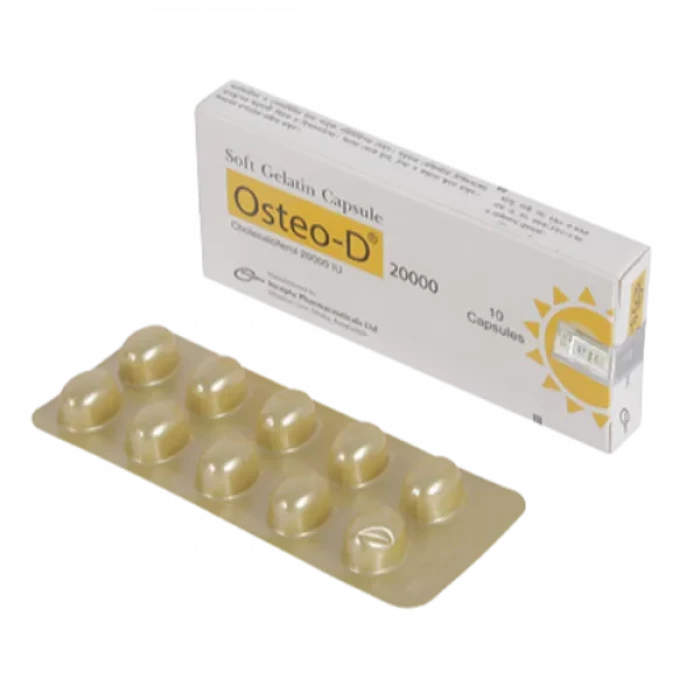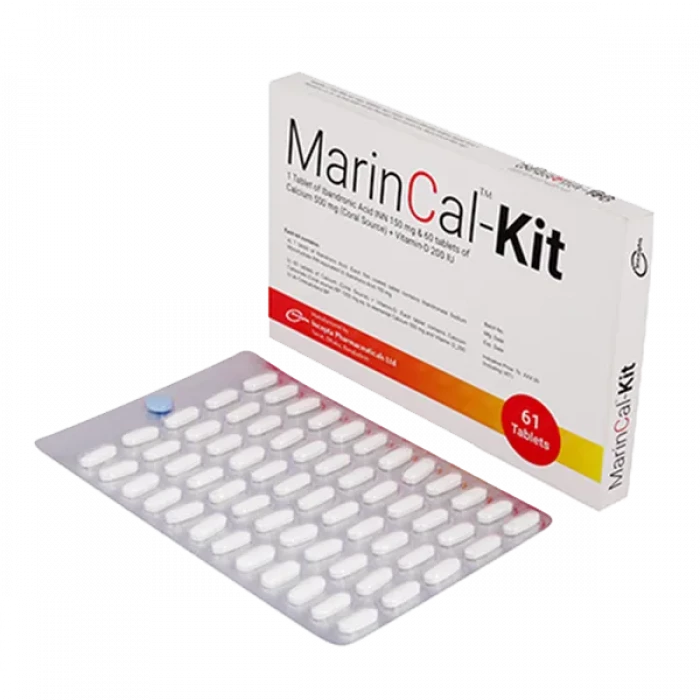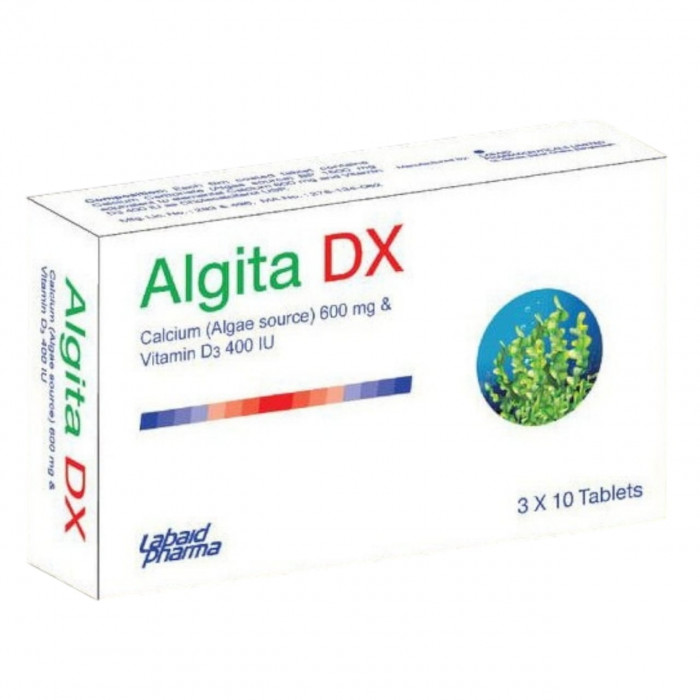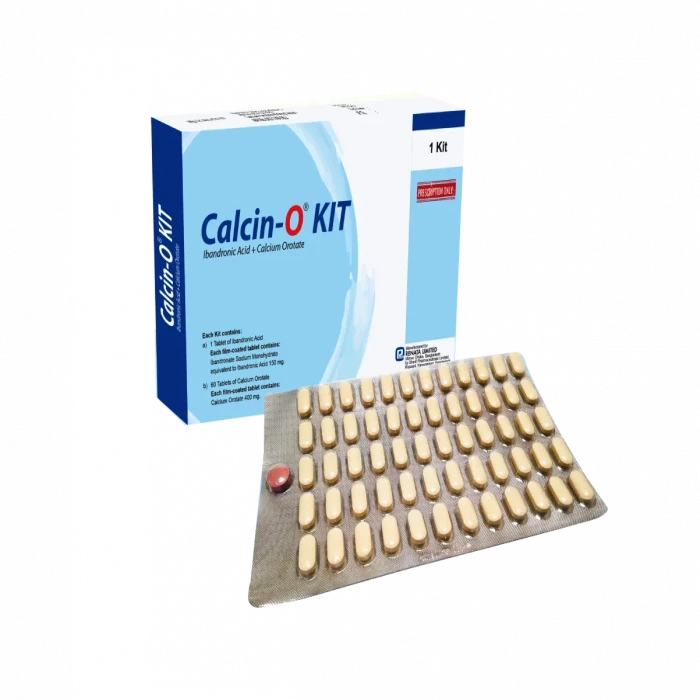
✔ 100% Authentic Product
👁️ Currently Viewing 2697
Generic Name: Ibandronic Acid 150mg + Calcium Orotate Dihydrate 400mg
Company Name: Renata Pharma Ltd
Discount
Price: ৳ 941
MRP:
৳
990
5%
Off

100% Genuine Products, Guaranteed

Safe & Secure Payments, Always

Fast, Secure & Efficient Delivery

Proper Packaging
 Cash on Delivery - All over Bangladesh
Cash on Delivery - All over Bangladesh Regular Delivery - 12-24 Hours, Dhaka City* Charge Tk.39-59
Regular Delivery - 12-24 Hours, Dhaka City* Charge Tk.39-59 Regular Delivery - 24-48 Hours, Other Cities* Charge Tk.99-110
Regular Delivery - 24-48 Hours, Other Cities* Charge Tk.99-110
🌙 রমযান অফার 🌙
 ফ্রি ডেলিভারিঃ - ৭৯৯ টাকা+ অর্ডারে, ঢাকা
শহরে
ফ্রি ডেলিভারিঃ - ৭৯৯ টাকা+ অর্ডারে, ঢাকা
শহরে ফ্রি ডেলিভারিঃ - ২৭৯৯ টাকা+ অর্ডারে, ঢাকার
বাহিরে
ফ্রি ডেলিভারিঃ - ২৭৯৯ টাকা+ অর্ডারে, ঢাকার
বাহিরে
📲 মোবাইল অ্যাপ অর্ডারে সাশ্রয় বেশী
-
Google Play Store থেকে ডাউনলোড
-
Apple Store থেকে ডাউনলোড
100% Genuine Products, Guaranteed
Safe & Secure Payments, Always
Fast, Secure & Efficient Delivery
Proper Packaging
 Cash on Delivery - All over Bangladesh
Cash on Delivery - All over Bangladesh Regular Delivery - 12-24 Hours, Dhaka City* Charge Tk.39-59
Regular Delivery - 12-24 Hours, Dhaka City* Charge Tk.39-59 Regular Delivery - 24-48 Hours, Other Cities* Charge Tk.99-110
Regular Delivery - 24-48 Hours, Other Cities* Charge Tk.99-110 ফ্রি ডেলিভারিঃ - ৭৯৯ টাকা+ অর্ডারে, ঢাকা
শহরে
ফ্রি ডেলিভারিঃ - ৭৯৯ টাকা+ অর্ডারে, ঢাকা
শহরে ফ্রি ডেলিভারিঃ - ২৭৯৯ টাকা+ অর্ডারে, ঢাকার
বাহিরে
ফ্রি ডেলিভারিঃ - ২৭৯৯ টাকা+ অর্ডারে, ঢাকার
বাহিরে- Google Play Store থেকে ডাউনলোড
- Apple Store থেকে ডাউনলোড
🌙 রমযান অফার 🌙
📲 মোবাইল অ্যাপ অর্ডারে সাশ্রয় বেশী
✅ Description:
Indications
This medication is for the treatment and prevention of osteoporosis in postmenopausal women. It improves bone mineral density and lowers the risk of vertebral fractures.
Pharmacology
Ibandronate, like alendronate and risedronate, is a nitrogen-containing bisphosphonate. Ibandronate prevents bone resorption caused by osteoclasts. Bisphosphonates all work to keep bone cells called osteoclasts from breaking down. Bisphosphonates not only boost bone mass and strength in people at high risk for osteoporosis, but they also lower the risk of hip fractures and other bone fractures.
Calcium Orotate is utilized to anticipate or treat moo blood calcium levels in individuals who don't get sufficient calcium from their diets. It may be utilized to treat conditions caused by moo calcium levels such as bone misfortune (osteoporosis), powerless bones (osteomalacia/rickets), diminished movement of the parathyroid organ (hypoparathyroidism), and a certain muscle infection (inactive tetany). It may too be utilized in certain patients to form beyond any doubt they are getting sufficient calcium (e.g., ladies who are pregnant, nursing, or postmenopausal, individuals taking certain medications such as phenytoin, phenobarbital, or prednisone). Calcium plays an awfully critical part in the body. It is necessary for the ordinary working of nerves, cells, muscles, and bone. In the event that there's not sufficient calcium within the blood, at that point the body will take calcium from bones, in this manner debilitating bones. Having the correct sum of calcium is critical for building and keeping solid bones.
Dosage & Administration
- One tablet of Ibandronic Acid 150 mg once monthly on the same date of each month is recommended. To maximize the clinical benefit of Ibandronic acid, two tablets of Calcium Orotate 400 mg per day are usually recommended in divided dosage or as directed by a physician.
- Recommendations for Calcium Supplementation: Patients should receive supplemental calcium (already provided as Calcium Orotate 400 mg tablet) if dietary intake is inadequate.
- To maximize absorption and clinical benefit, Ibandronic Acid tablet of Ibandronic Acid & Calcium Orotate should be taken at least 60 minutes before the first food or drink (other than water) of the day or before taking any oral medication or supplementation, including calcium, antacids, or vitamins. To maximize absorption and clinical benefit, Ibandronic Acid tablet of Ibandronic Acid & Calcium Orotate should be taken at least 60 minutes before the first food or drink (other than water) of the day or before taking any oral medication or supplementation, including calcium, antacids, or vitamins.
- To facilitate delivery to the stomach and thus reduce the potential for esophageal irritation, the Ibandronic Acid tablet should be swallowed whole with a full glass of plain water (250 ml) while the patient is standing or sitting in an upright position. Patients should not lie down for 60 minutes after taking the Ibandronic Acid tablet.
- Patients should not eat, drink anything except water, or take other medications for at least 60 minutes after taking the Ibandronic Acid tablet.
- Plain water is the only drink that should be taken with an Ibandronic Acid tablet. Note that some mineral waters may have a higher concentration of calcium and therefore should not be used.
- Patients should not chew, crush or let the tablet dissolve in their mouths because of the potential for oropharyngeal ulceration.
- Ibandronic Acid 150 mg tablet of Ibandronic Acid & Calcium Orotate should be taken on the same date of each month (i.e., the patient's Ibandronic Acid day).
- The patient must not take two Ibandronic Acid 150 mg tablets within the same week.
Interaction
- Ibandronic Acid with Calcium Supplements/Antacids: Calcium and other multivalent cations (such as aluminum, magnesium, and iron) may interfere with Ibandronic Acid absorption. Ibandronic Acid should be taken at least 60 minutes before taking any oral drugs, including multivalent cation treatments (such as antacids, supplements, or vitamins). Patients should also wait at least 60 minutes after taking this drug before taking any other oral medications.
- Aspirin/Nonsteroidal Anti-Inflammatory Drugs (NSAIDs): Because aspirin, NSAIDs, and bisphosphonates are all linked to gastrointestinal discomfort, caution should be used when using both.
- H2 Blockers: Co-administration of Ibandronic Acid with ranitidine resulted in a 20% increase in bioavailability in healthy individuals, which was not regarded clinically meaningful.
- When taken together, calcium can reduce the absorption of the following drugs: biphosphonates (e.g., alendronate), quinolone antibiotics (e.g., ciprofloxacin, levofloxacin), tetracycline antibiotics (e.g., doxycycline, minocycline), levothyroxine, phenytoin (an anticonvulsant), and tiludronate disodium ( Calcium supplements can interact with thiazide-type diuretics, raising the risk of hypercalcemia and hypercalciuria.
Contraindications
- Ibandronic Acid is not recommended in the following conditions: Esophageal abnormalities that delay esophageal emptying, such as stricture or achalasia.
- Inability to maintain a standing or sitting position for at least 60 minutes.
- Hypocalcemia.
- Ibandronic Acid hypersensitivity is known.
- Incomplete or infrequent bowel motions are contraindicated with calcium orotate.
- Kidney illness, kidney stone.
- Sarcoidosis.
- The parathyroid gland's activity has increased.
- Excessive evaporation of bodily fluids.
Side Effects
Hypertension, Dyspepsia, Nausea, Diarrhea, Abdominal Pain, Arthralgia, Back Pain, Localized Osteoarthritis, Myalgia, Muscle Cramps, Influenza, Nasopharyngitis, Bronchitis, Urinary Tract Infection, Upper Respiratory Tract Infection, Headache, Dizziness, Skin rash, Insomnia, and others are some of the most common sides
Calcium Orotate causes bloating and swelling in the belly, which is a typical side effect. Loss of appetite, stomach upset, constipation, nausea, vomiting, odd weight loss, mood swings, bone/muscle pain, headache, increased thirst/urination, weakness, unusual weariness, and kidney stone formation are all possible side effects.
Pregnancy & Lactation
In pregnant women, there are no sufficient and well-controlled trials. Only if the possible benefit outweighs the risk to the mother and fetus should this be taken during pregnancy. Ibandronic Acid falls into the C pregnancy category. Ibandronic Acid & Calcium Orotate are not known to be excreted in human milk. When giving this to a woman who is pregnant or breastfeeding, use caution.
Precautions & Warnings
- Upper Gastrointestinal Adverse Reactions of Ibandronic Acid: Ibandronic acid of Ibandronic Acid & Calcium Orotate may induce local irritation of the upper gastrointestinal mucosa. Patients with active upper gastrointestinal problems (such as known Barrett's esophagus, dysphagia, other esophageal diseases, gastritis, duodenitis, or ulcers) should be given Ibandronic acid with caution due to these possible irritant effects and the potential for worsening of the underlying disease.
- Hypocalcemia and Mineral Metabolism: To avoid hypocalcemia, all patients must consume enough calcium.
- Musculoskeletal pain: Patients on Ibandronic Acid have reported severe and even incapacitating bone, joint, and/or muscle pain. If you start to have severe symptoms, you should stop using it.
- Ibandronic acid is not indicated for usage in patients with severe renal impairment (creatinine clearance of less than 30 mL/min).
Storage Conditions
Keep the temperature below 30°C and away from light and moisture. Keep out of children's reach.
⚠️Disclaimer:
At ePharma, we’re committed to providing accurate and accessible health information. However, all content is intended for informational purposes only and should not replace medical advice from a qualified physician. Please consult your healthcare provider for personalized guidance. We aim to support, not substitute, the doctor-patient relationship.














